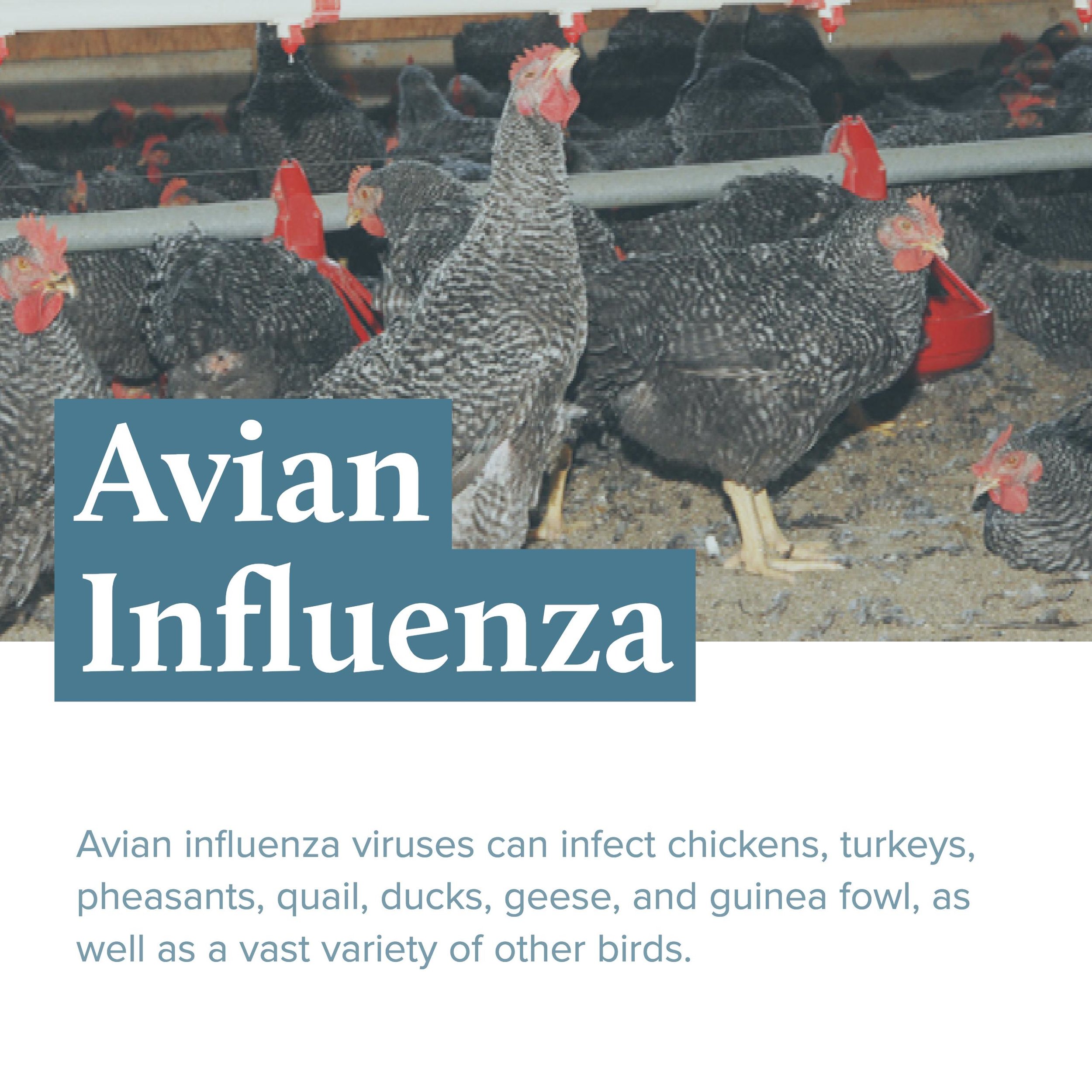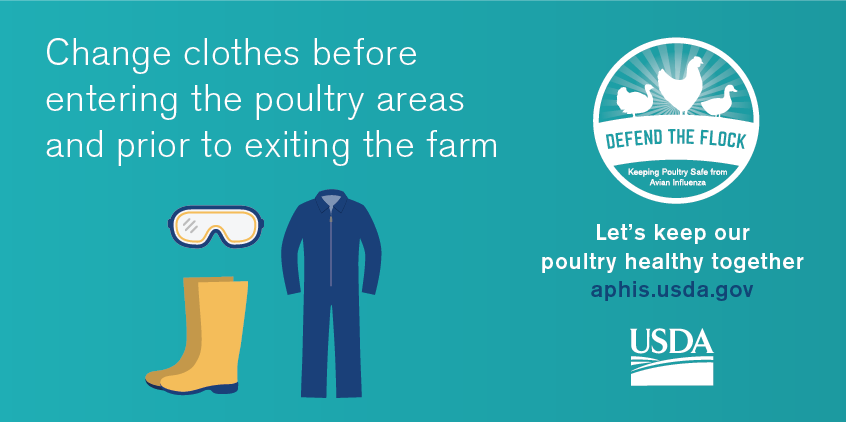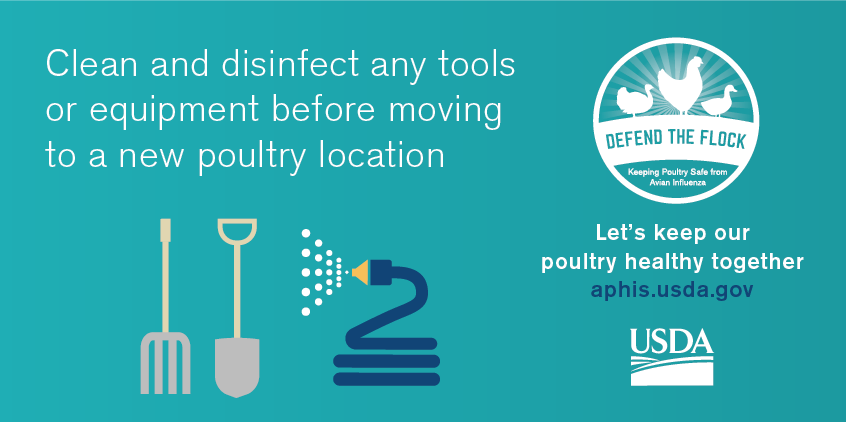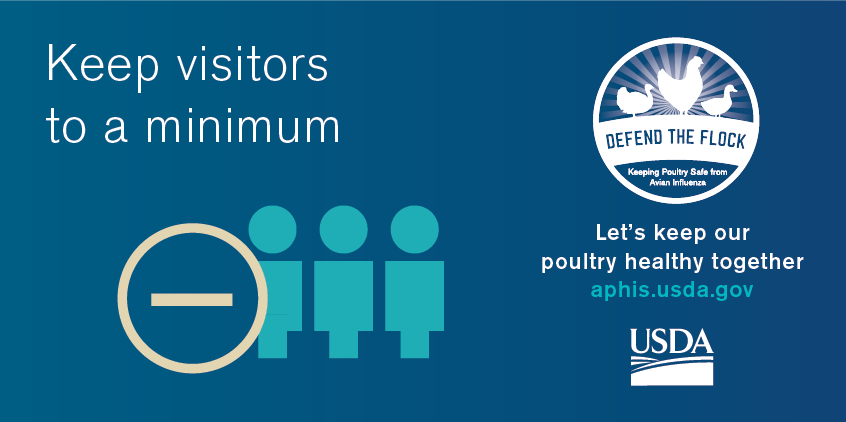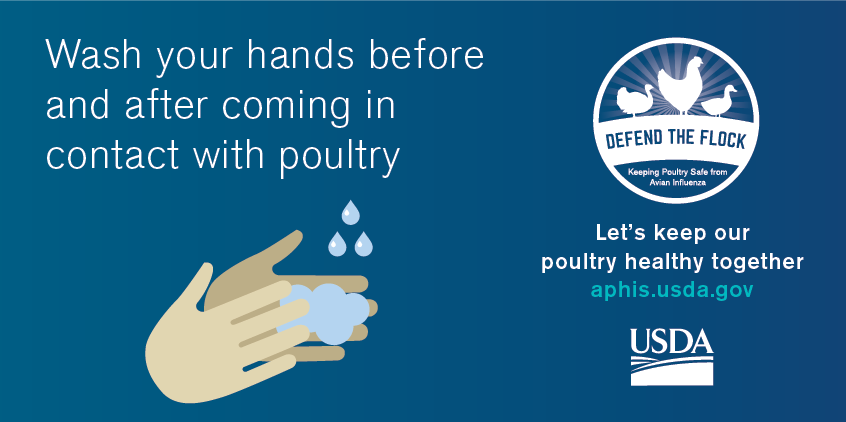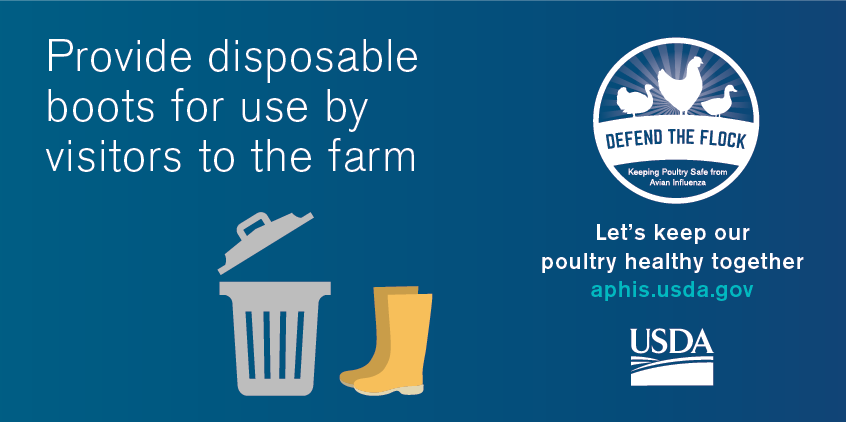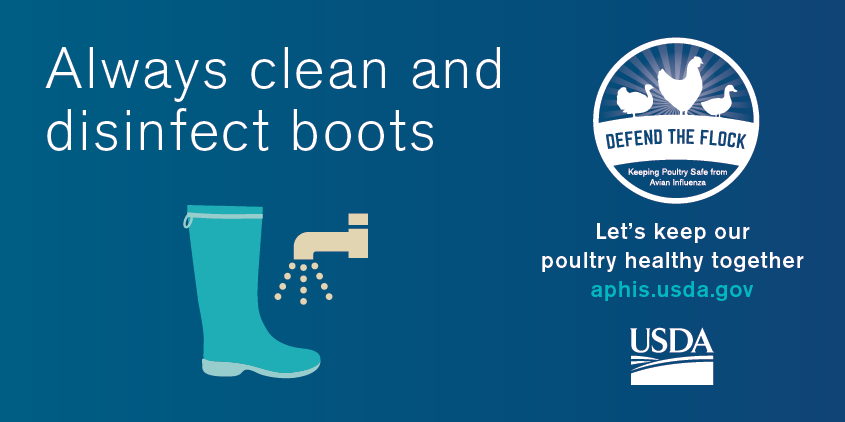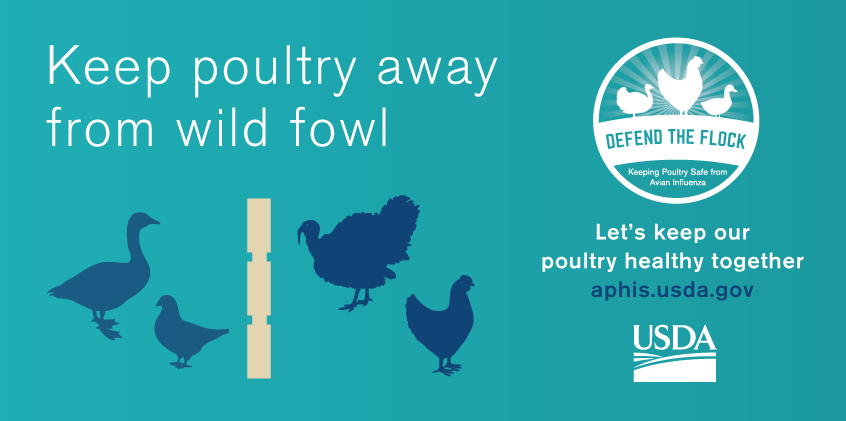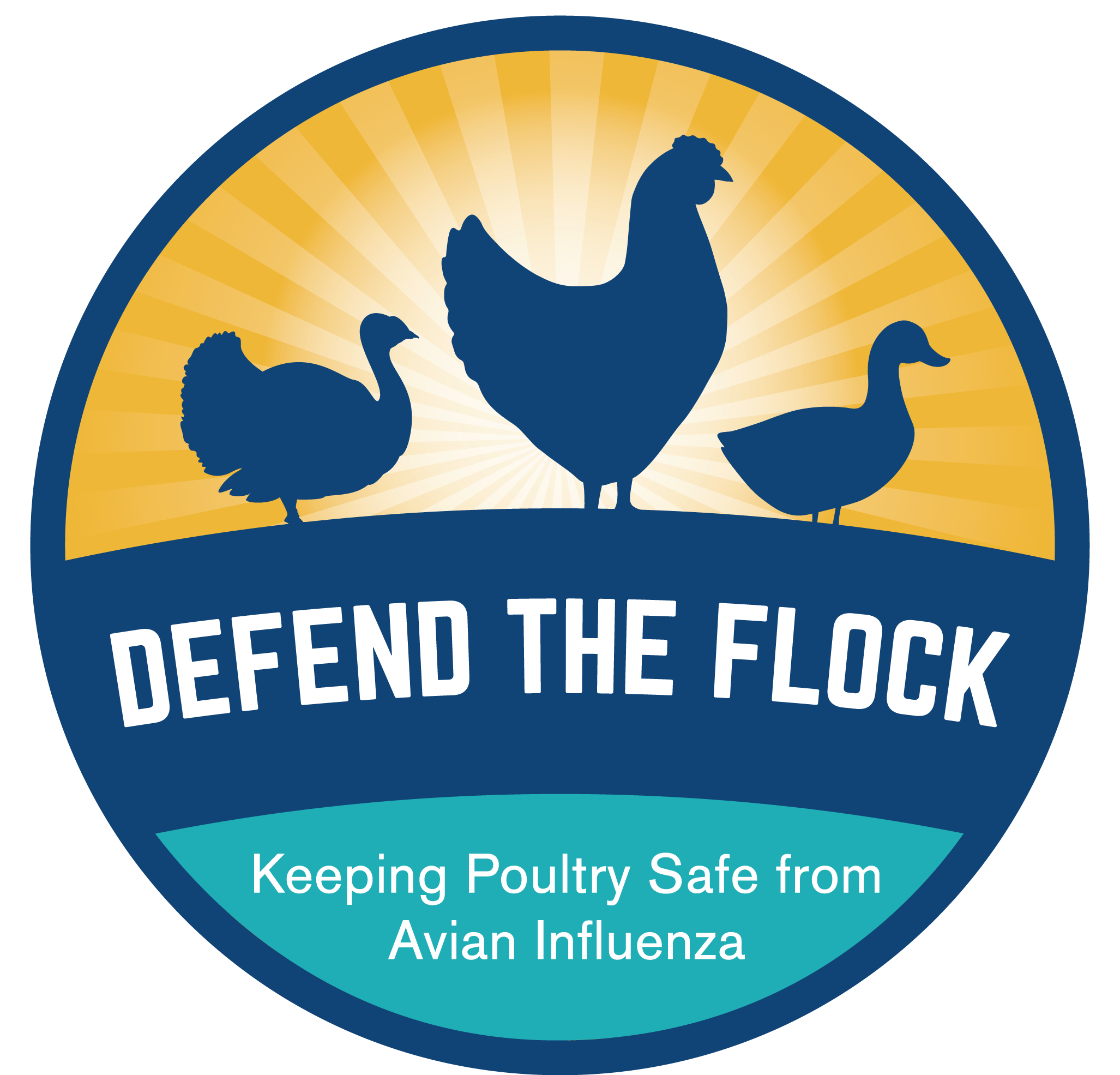What is Avian Influenza (AI)?
Avian influenza viruses can infect chickens, turkeys, pheasants, quail, ducks, geese, and guinea fowl, as well as a vast variety of other birds. Migratory waterfowl have proved to be a natural reservoir for the less infectious strains of the disease known as low pathogenicity avian influenza. Avian influenza viruses can be classified into low pathogenicity (LPAI) and higher pathogenicity (HPAI) based on the severity of the illness they cause. HPAI is an extremely infectious and fatal form of the disease that, once established, can spread rapidly from flock to flock. However, some LPAI virus strains are capable of mutating under field conditions into HPAI viruses.
Signs of Avian Influenza
- Sudden death without clinical signs
- Lack of energy and appetite
- Decreased egg production
- Soft-shelled or misshapen eggs
- Swelling of the head, eyelids, comb, wattles, and hocks
- Purple discoloration of the wattles, combs, and legs
- Nasal discharge
- Coughing, sneezing
- Lack of coordination
- Diarrhea
How is Avian Influenza spread?
The disease is spreadable to birds from contact with infected wild birds and their droppings. It is also spreadable from bird to bird direct contact. AI viruses can also be spread by manure, equipment, vehicles, egg flats, crates, and people whose clothing or shoes have come into contact with the virus or virus-infected birds. AI viruses can remain viable at moderate temperatures for long periods in the environment and can survive indefinitely in frozen material.
Practice backyard biosecurity
To help prevent disease from spreading:
- Restrict traffic onto and off of your property.
- Disinfect shoes, clothing, hands, egg trays or flats, crates, vehicles, and tires.
- Avoid visiting other poultry farms or bird owners. If you do, be sure to change clothes and wash your hands and shoes before entering your own bird area.
Vaccines
In the United States, vaccination against Avian Influenza is not routine, nor is it our first choice for dealing with an outbreak. Highly pathogenic avian influenza (HPAI) is not common in our country—it is considered an exotic disease in the United States. If HPAI is detected in U.S. poultry, APHIS will work with the States to respond and quickly eliminate it.
While AI vaccines reduce outward signs of the disease in birds, they do not prevent birds from becoming infected. If used, vaccines can help slow down the spread of the viruses to protect healthy birds outside the quarantined area. However, vaccines cannot eliminate the disease itself.
Vaccination is simply a tool we can use as part of our overall eradication strategy, along with many other actions needed to stop an HPAI outbreak: quarantines and animal movement restrictions, emergency euthanasia and depopulation of animals, cleaning and disinfection at affected locations, surveillance to detect any disease spread, and proper biosecurity.
Smart Practices When Buying Bird
To help be certain your new birds are healthy, here are a few simple steps you can follow:
- Buy from a reputable dealer.
- Request certification from suppliers that birds were legally imported.
- Maintain records of all sales and shipments of flocks.
- Keep new birds separated from your flock for at least 30 days.
- Keep young and old birds and birds of different species and from different sources apart.
Report sick birds
If your birds are sick or dying call your agricultural extension agent, a local veterinarian (call us, River Landings Animal Clinic, at 941-755-4592), or the State Veterinarian, or call the U.S. Department of Agriculture (USDA) at 1-866-536-7593 to be in touch with a local contact.
Hear From Us Again
Don't forget to subscribe to our email newsletter for more recipes, articles, and clinic updates delivered to your inbox (here). Or, you can keep up to date by liking and following our Facebook page (here). We also have additional helpful articles under our new Avian category (here).

